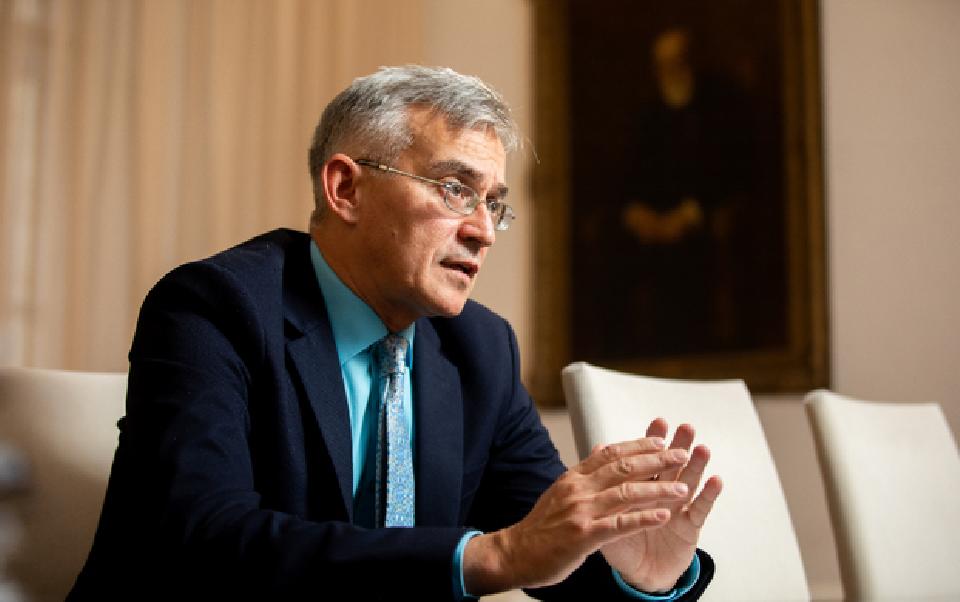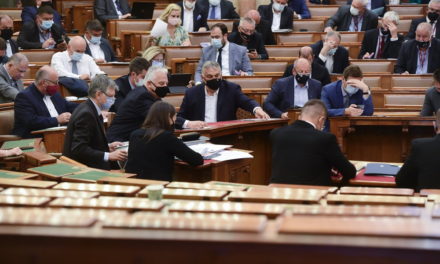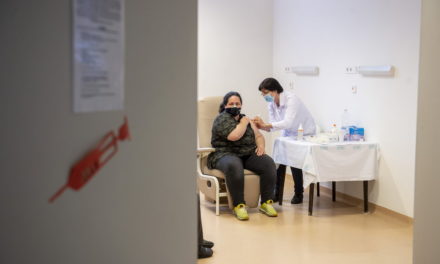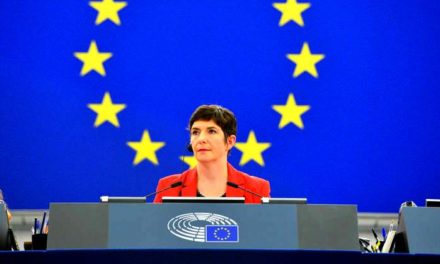The obstacles caused by the pandemic were well taken by the domestic courts, which were mostly able to ensure continuous work through remote hearings, Mandiner learned from the president of the National Court Office (OBH). György Barna Senyei spoke about their relationship with the National Judicial Council (OBT), the leadership appointments that were previously a significant source of conflict, and the steps taken to reduce repeals.
Details from the interview.
– How much disruption did the pandemic cause in the work of the courts, how was this situation managed?
Since March of last year, the daily lives of judges and court administration have been filled with alternating intensity, but continuously dealing with the epidemic situation. It is of fundamental importance that the courts function even in emergency situations, as there are procedural actions that cannot be postponed. The courts primarily solved the situation with the help of telehearings, and taking advantage of the additional digital possibilities, they processed the cases partly outside of a hearing according to the special rules.
Of course, there were procedures in which these solutions could not be applied, and personal presence could not be avoided (for example, investigative cases). Overall, the pandemic did not lead to the prolongation of cases and it was possible to ensure the functioning of the courts during this period as well.
-How much did the number of remote hearings increase?
In 2020, compared to the period before the state of emergency, the courts conducted three times as many telehearings (6,426 in 2019, 20,569 in 2020), while in the first half of 2021, compared to the previous half, the courts conducted twice as many telehearings (8,353 in the first half of 2020, 8,353 in the first half of 2021 16,845). However, behind the increase in the number of telehearings is not only the emergency situation, but also the continuous expansion of the telehearing system and the expansion of its application.
This was also a huge relief for the penitentiary institutions, since the accused did not have to be brought before the courts. By the way, all courts are now equipped with devices that ensure remote hearings. More and more people are using the option of electronic administration, and the growth in this area is also significant. The epidemic did not cause the cases to be delayed.
- Towards the end of the presidency of his predecessor, Tünde Handó, the conflict between the National Court Office (OBH) and the National Council of Judges (OBT) intensified.
You hear much less about it now. What is their relationship like? I can only repeat what I said earlier, that the key to cooperation is respecting each other's competences.
At the time of my election, the OBT was still understaffed, but in the pandemic situation, alternate members were elected at the first opportunity, and the council has been operating with full staff ever since. Typically, the cooperation is continuous, which also means that I personally or the OBH deputy president - with a few exceptions - participated in every OBT meeting. All this does not mean, however, that there would be no legal interpretation disputes, including competence interpretation disputes, between the two parties.
-Recently, in an interview, the spokesman of the OBT, Viktor Vadász, raised several problems that burden the relationship.
Among other things, the OBH does not allow the OBT to publish announcements on the office's website, saying that the president does not want content that he does not control to appear on the portal. On the central website of the courts, the content required by law may also appear with regard to the OBT, and these are fully accessible. The council can provide space for additional information on its website operated from its budget. The latter solution was also preceded by a debate.
OBH fulfills all statutory inspection obligations.
the article in its entirety here
Image: Márton Ficsor













